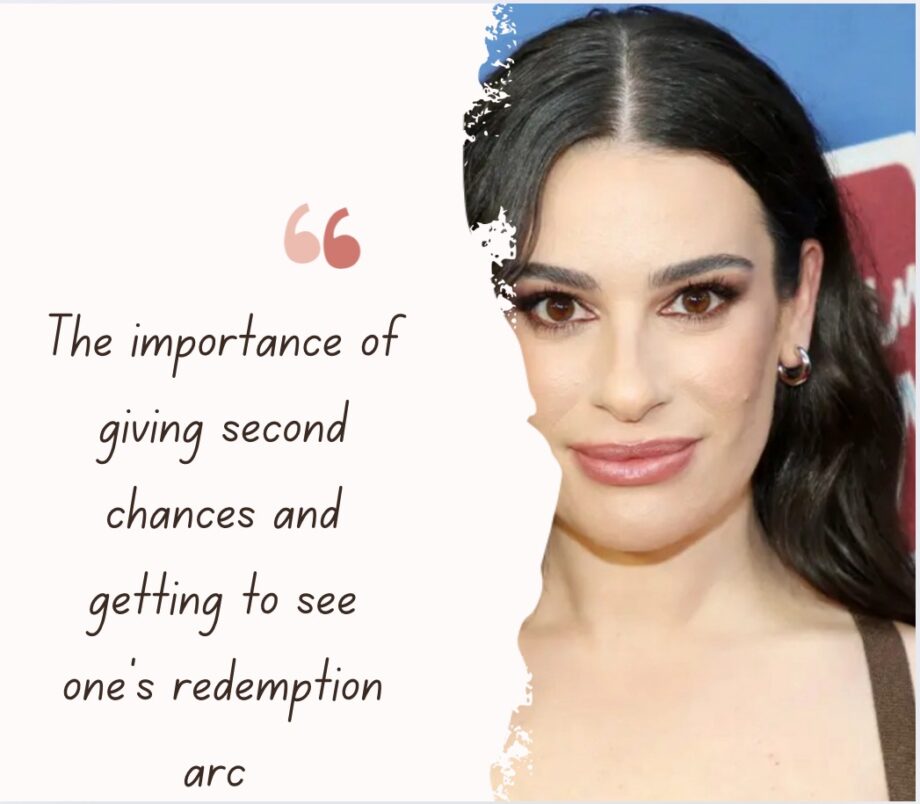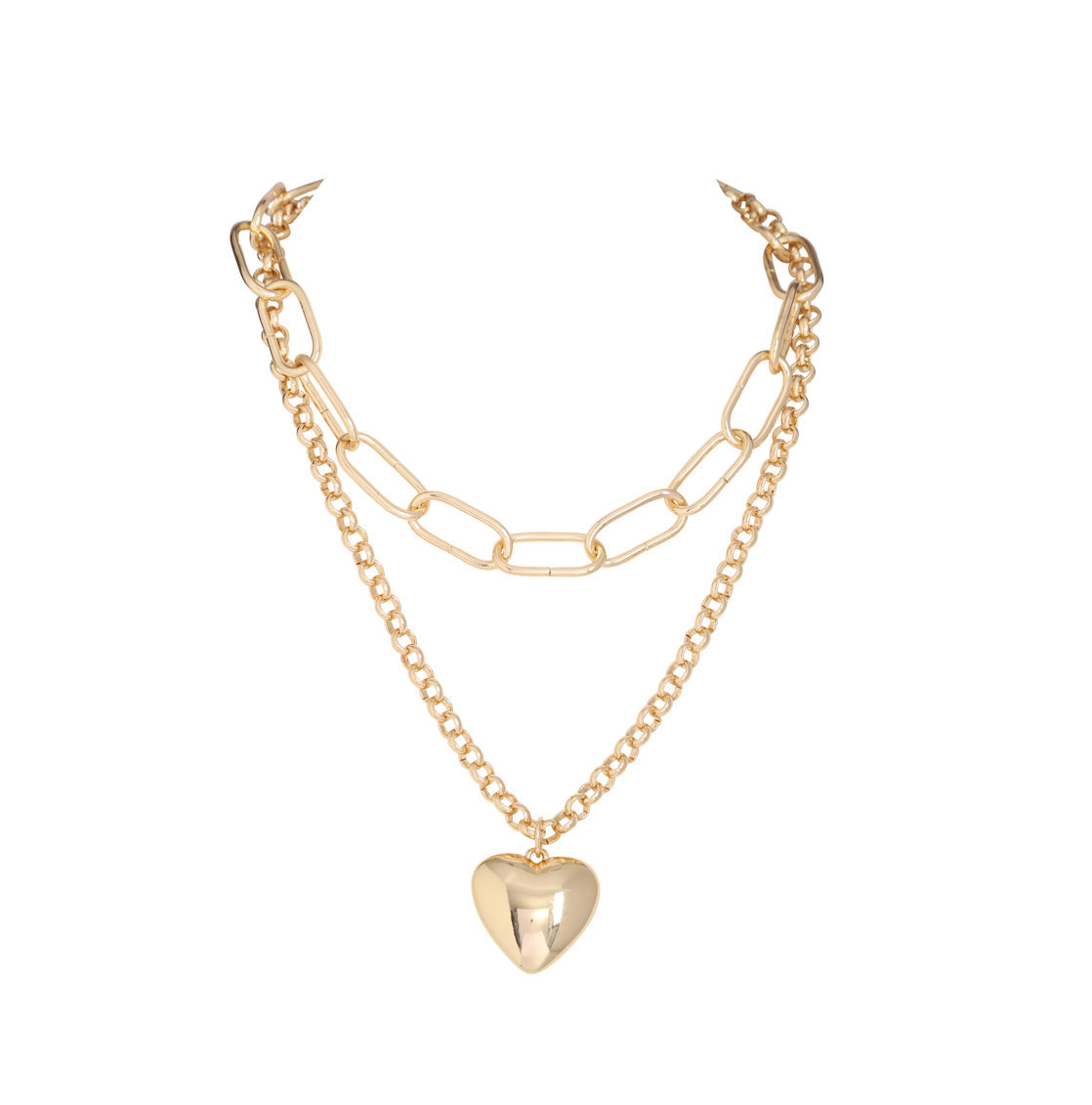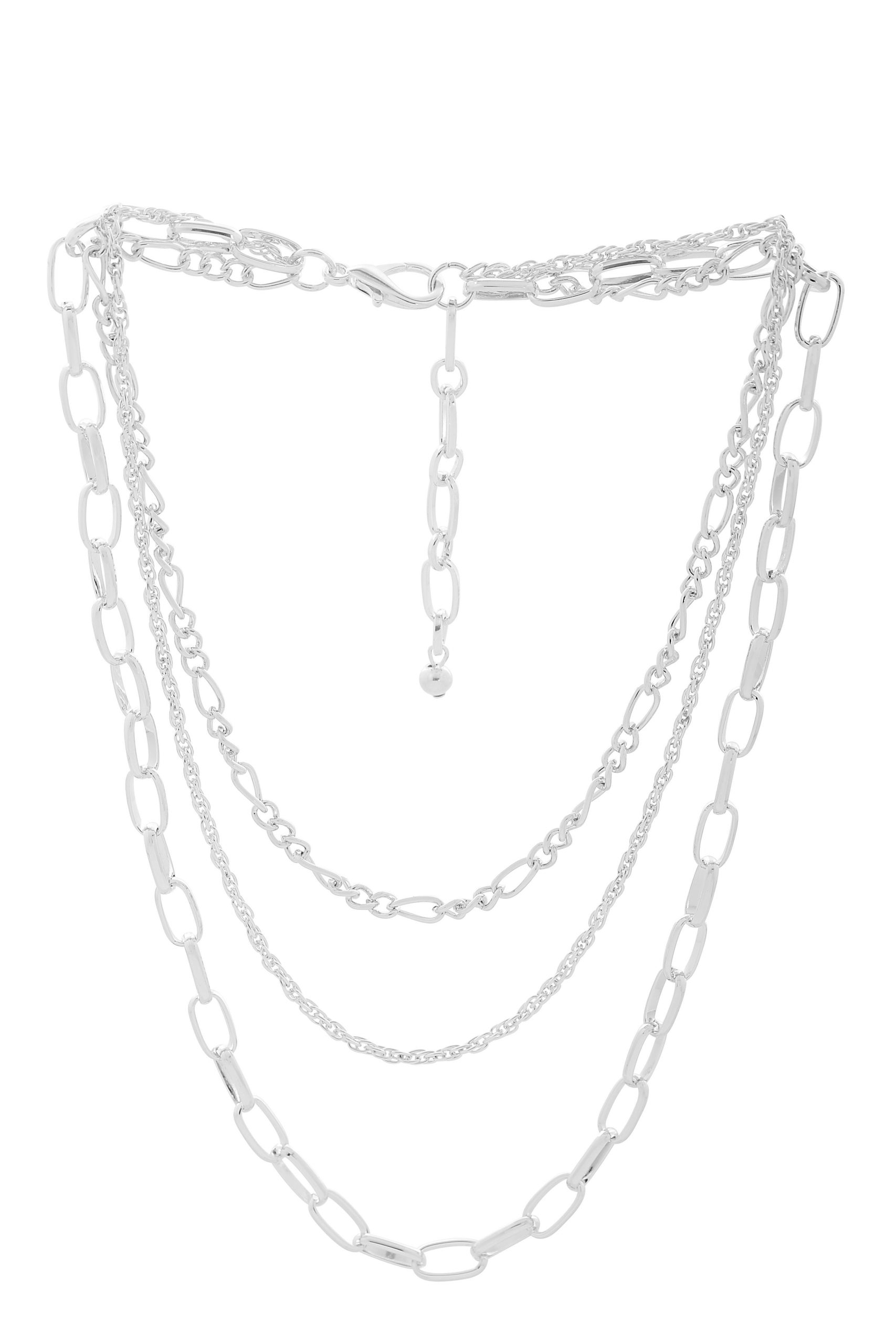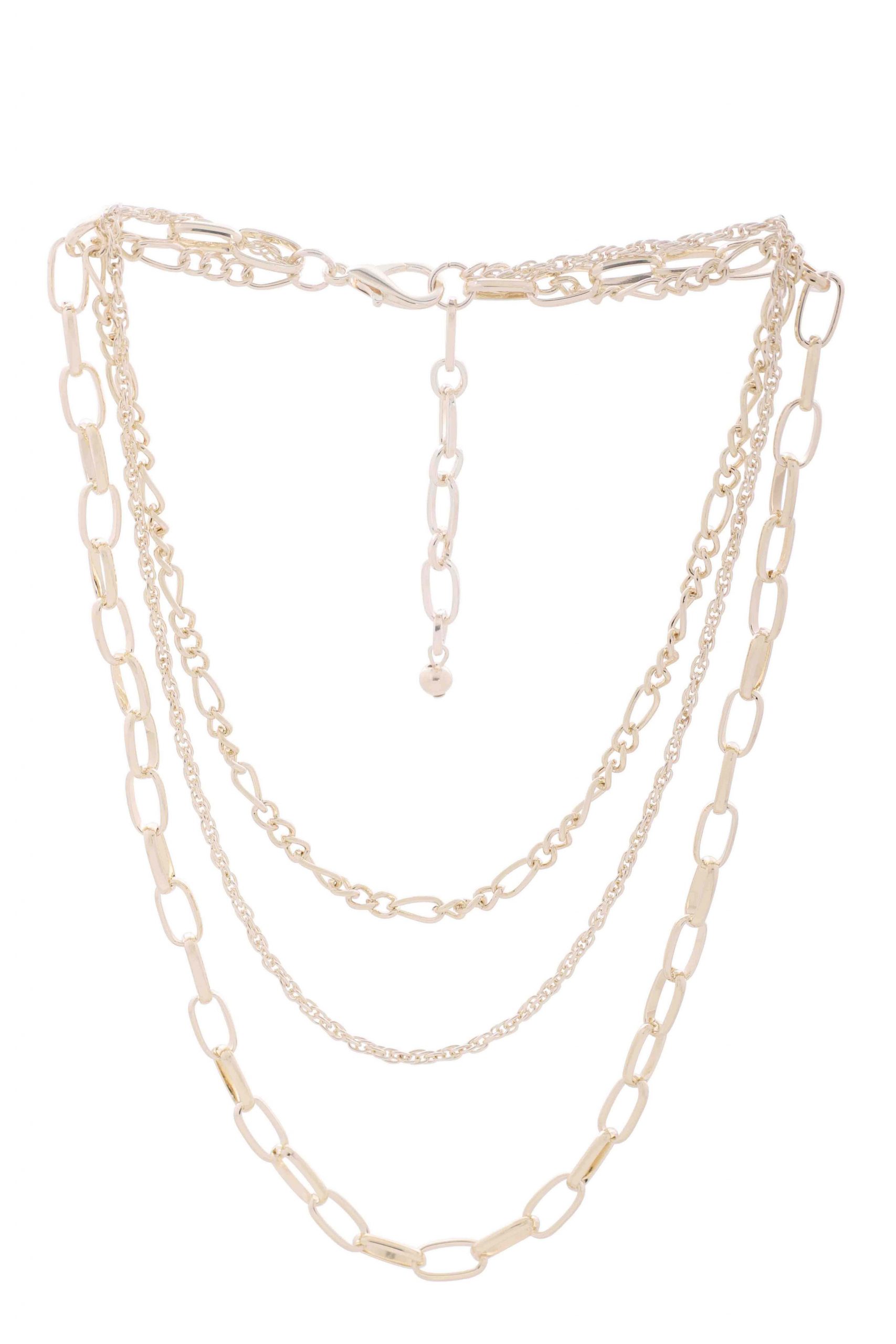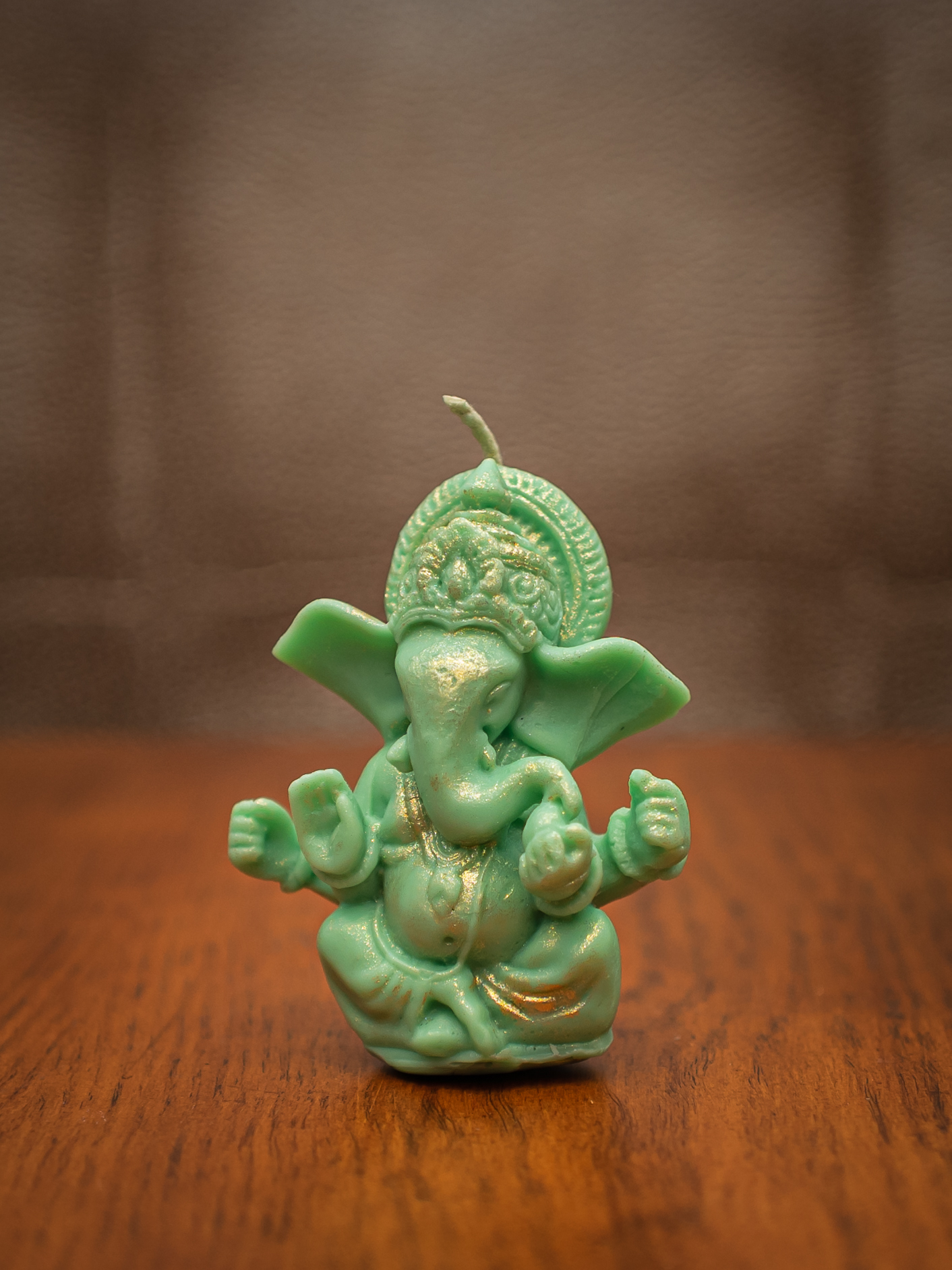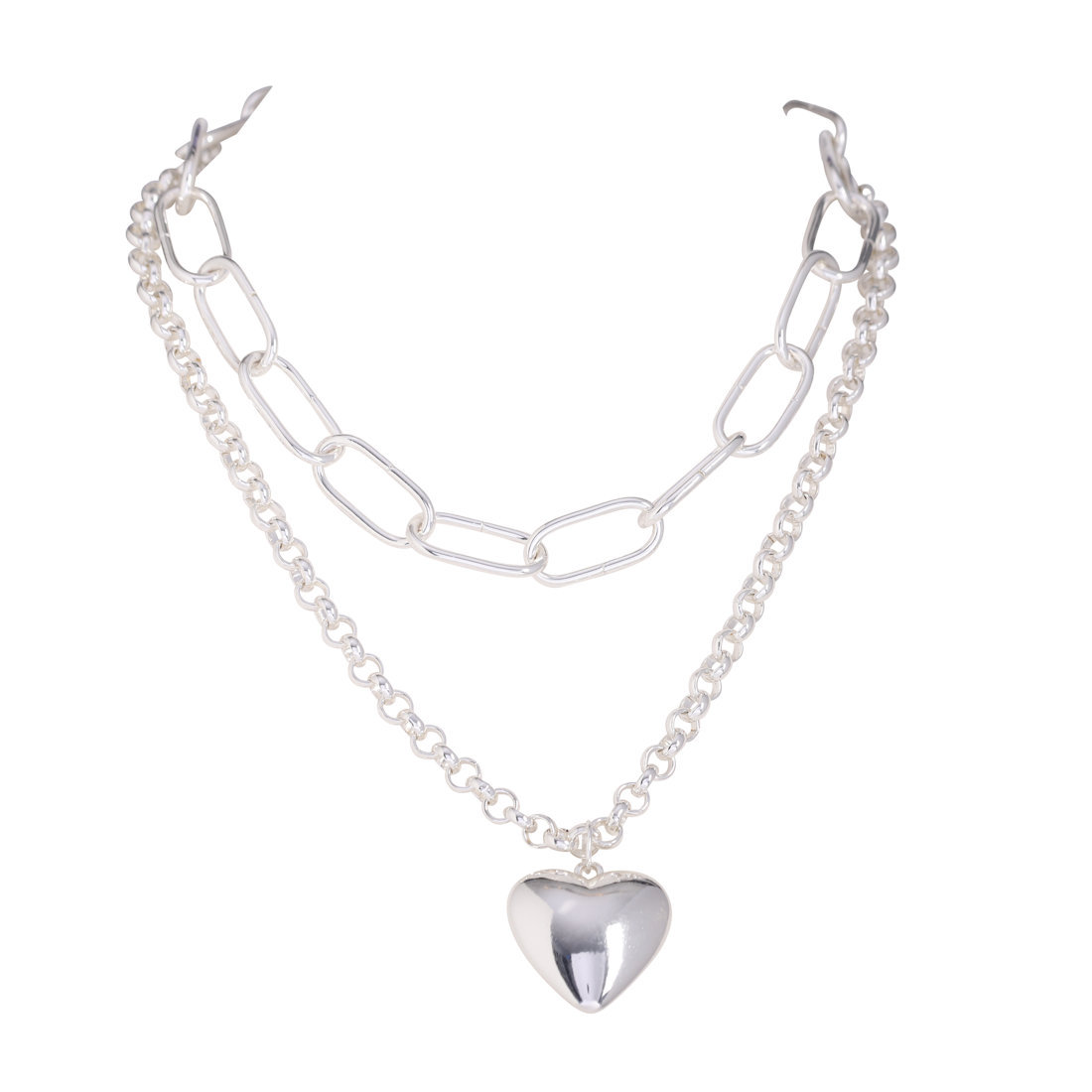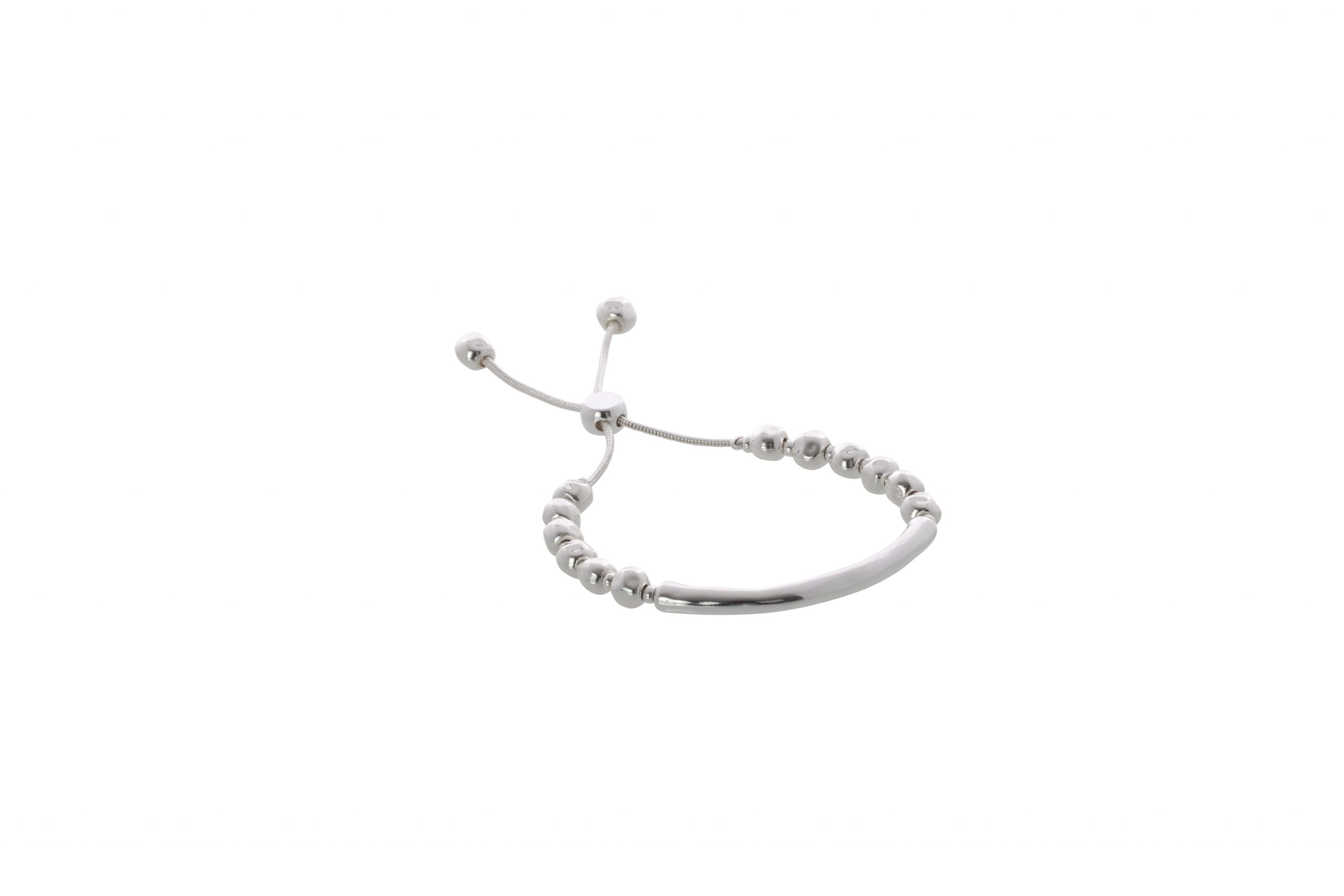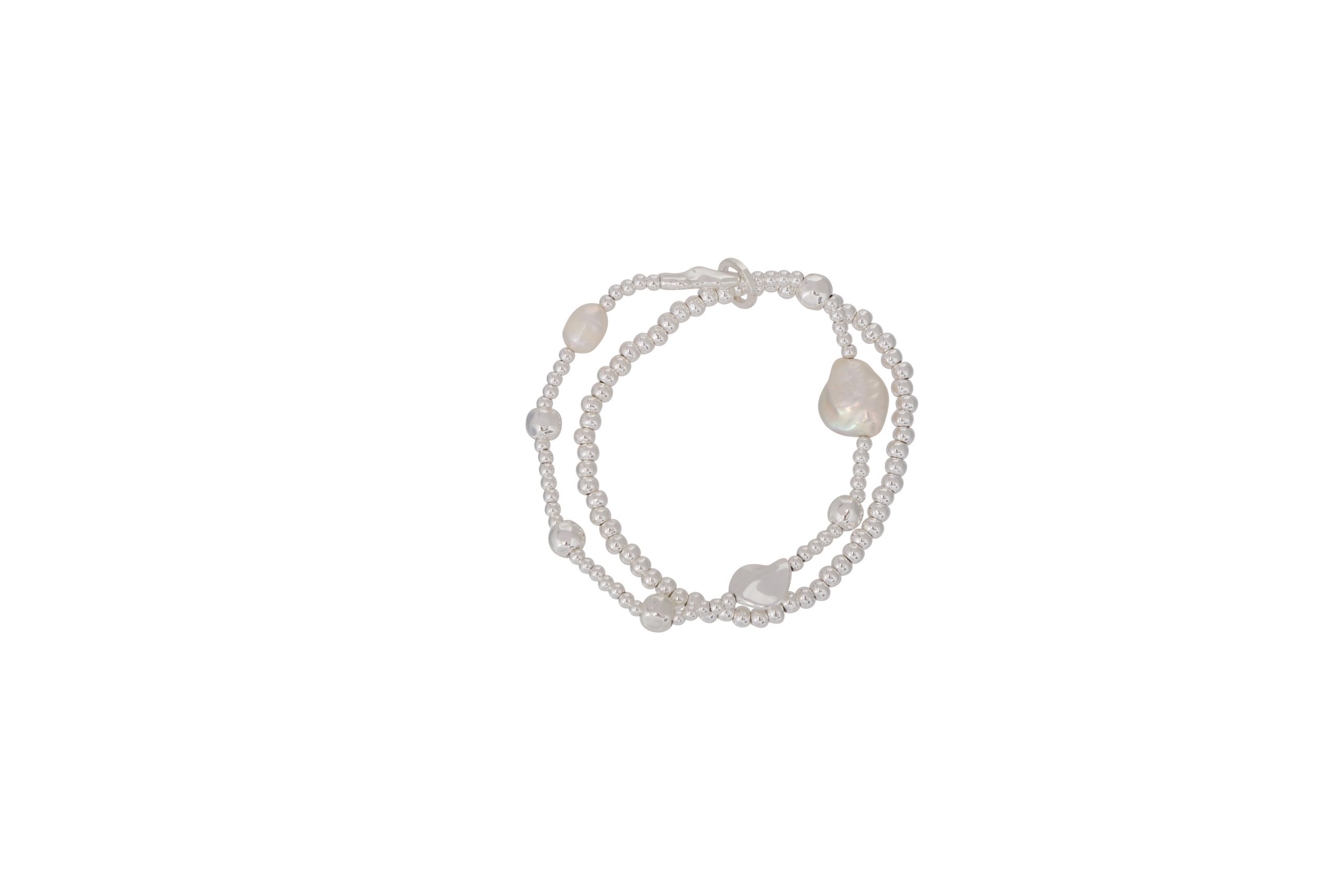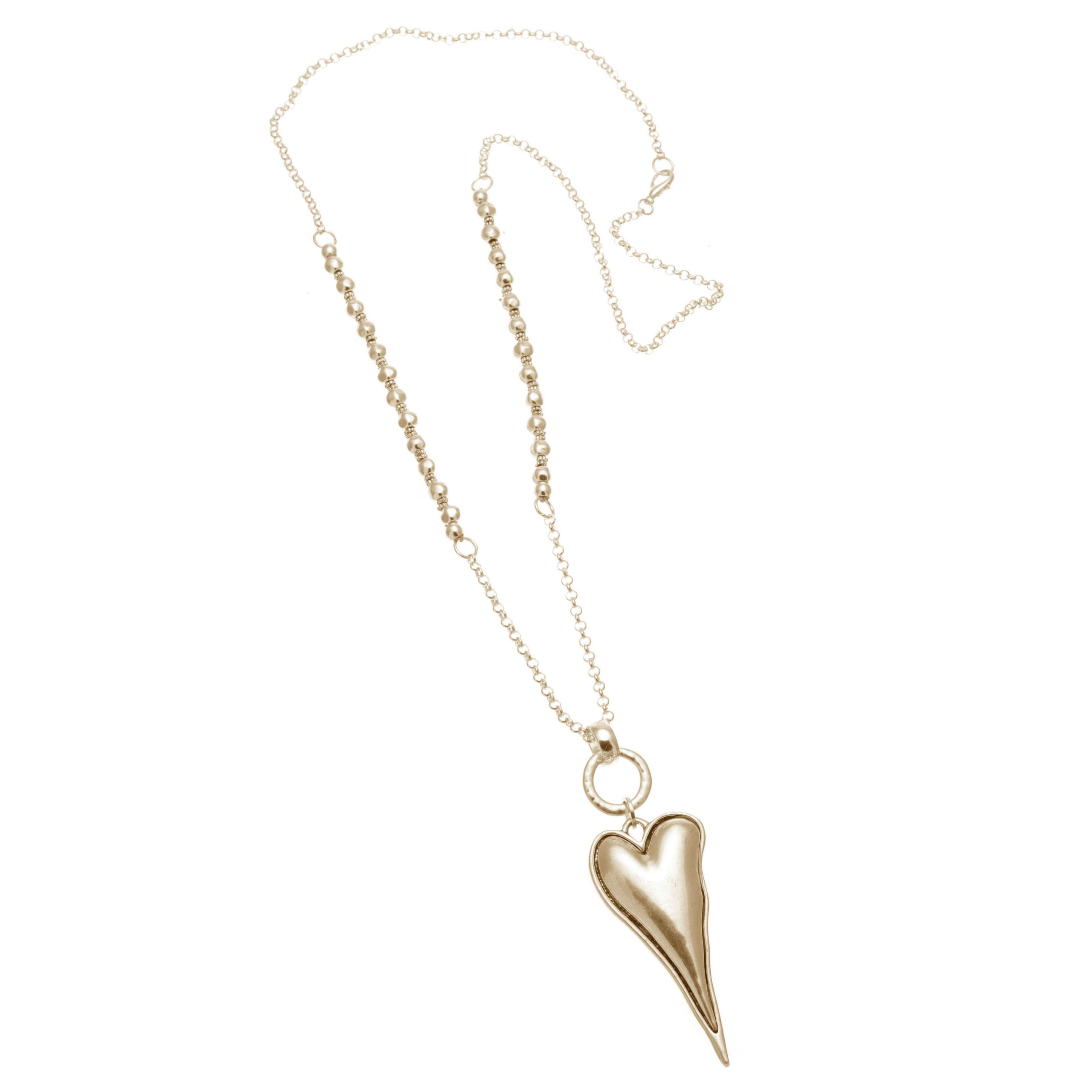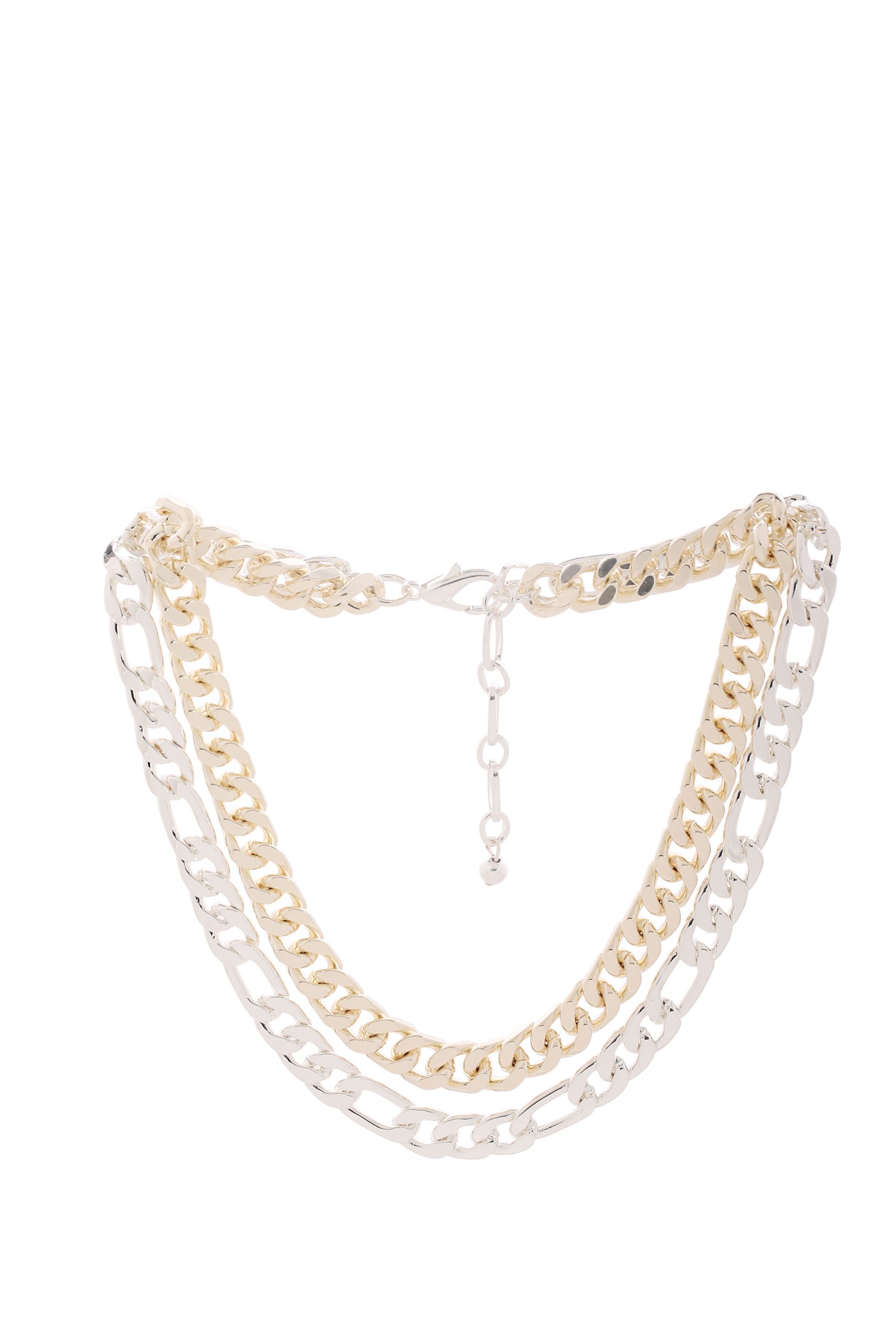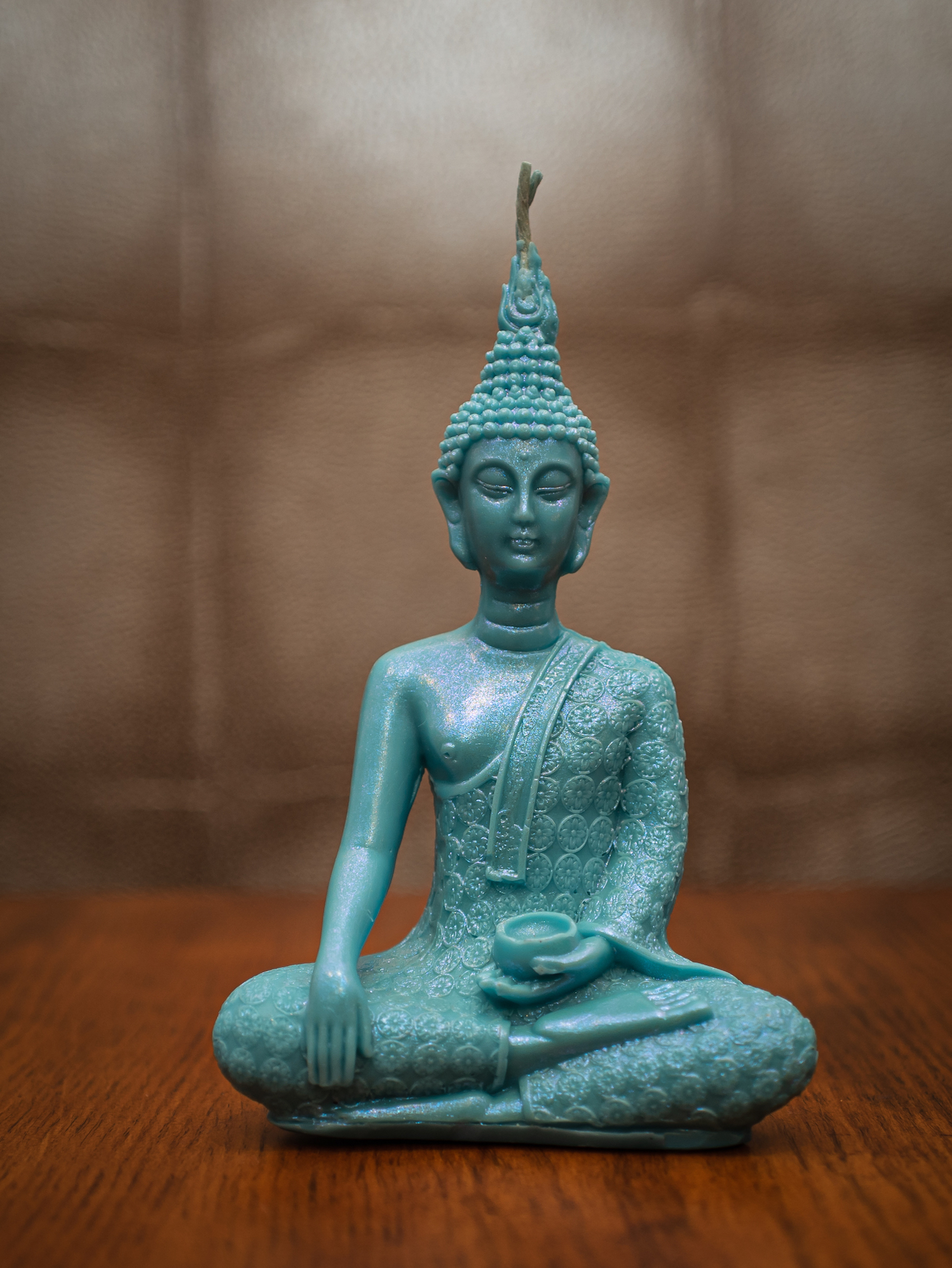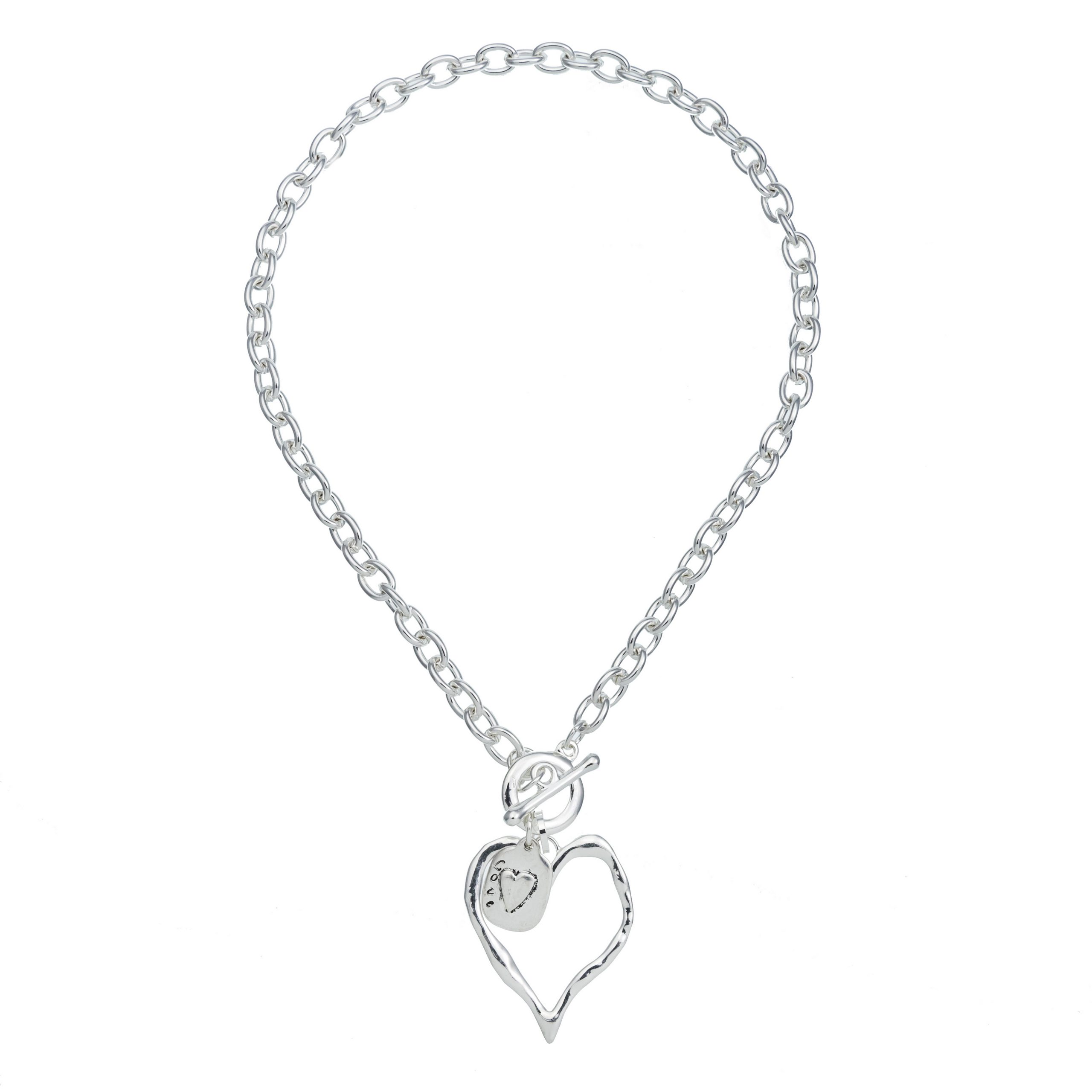In my previous blog entry, I heavily discussed ‘Glee’. I particularly discussed how toxic (and abusive) relationships are romanticized in media. On ‘Glee’, it was Finn and Rachel. They were the main couple on the show. They were supposed to end up together in the end, with Rachel choosing to end her career on Broadway, something she’d worked so hard for all her life, to be with Finn in Ohio. Rachel ended up with Jesse, someone who truly loved, adored, and accepted Rachel exactly the way she was, but only because the actor who played Finn, Cory Monteith, passed away in real life in the midst of production of the series.
And speaking of Cory Monteith, Lea Michele, who played Rachel on the show and was in a longterm relationship with Monteith at the time of his death, recently appeared on the Therapuss with Jake Shane podcast, and she talked about her grief, something she almost NEVER does, following Monteith’s passing. She said, ‘Well, I was 26, no one handed me a guide book. It was a fast education on more stuff than I ever could have processed. If we didn’t show up for work, then a lot of people wouldn’t have work to go to, and that was a lot of pressure for me. So, I had to put my stuff aside and just show up so that everybody could continue to work.’ When asked if Cory’s death made the cast closer, Michele admitted: ‘No, I think it really fractured… I can’t speak for everyone, in some ways, it did for certain people, but I think for me, it was so hard. I just completely broke, like, I was in a really one-track mind of just doing my job. It was way too much to try to process at such a young age, but I am very grateful for everyone there, whether or not they know it. I personally felt a lot of support from everybody in the building helping to get me through, especially from the crew. The people that would be behind the camera every day, I would be looking at the camera, but looking at the person behind it. Our incredible crew members, everyone that held a camera, sound, lighting, I was looking at those people. They were holding me up so much, as well as the people that were on the show, but a lot of people were gone, also, by then, which was hard.’
Michele also gave an insight into the downside of fame as she detailed the tragedy she faced following Monteith’s passing. She said ‘Life was very different. I mean, I had a tour bus that would go past my house in West Hollywood, and you would hear it. I’d be in the house and it’d be like: ‘Lea Michele, Rachel Berry on Glee!’ And then it would be like, I would hear: ‘Don’t Rain On My Parade’ playing while I’m sitting in my living room. Also, there was a tour bus that used to drive by my house — my publicist will probably want to cut this — but it was the tour of people that have died, and after everything happened, this bus would come by. It was like, ‘Hollywood Tragedy’ tour bus, and here I was, 26 years old, and this tour bus would go by my house, and every day I would hear, like: ‘These are the details and blah blah blah blah blah,’ and eerie music would be playing from the bus. It was so sad, it was so, so depressing. Fast-forward, like, four years later, I bought a house so high up in the canyon. Far, far, like, deep in Pacific Palisades, because I was like: ‘I have to get out of West Hollywood.’’
I watched the interview to its entirety, and all I could think to myself as Michele spoke about that time in her life was, ‘I can’t believe we live in a world where this is normal. It’s just saddening. At the time of Monteith’s death, Michele was given a choice to either take a hiatus and cancel the show altogether, but she opted for everybody to return to work just two weeks following his passing. She previously told Ellen DeGeneres on her show in 2013, ‘I said: ‘We have to go back to work. We have to.’ They’re my family.’ In the 2023 documentary, The Price Of Glee, however, it was revealed that the rest of the ‘Glee’ cast didn’t support her decision. Naya Rivera’s stand-in, Jodi Tanaka, said, ‘It was only a couple of weeks. All of the actors had to just pull themselves together and get back to work. Everyone was just kind of forced to.’ Nevertheless, Michele stood by her decision.
A lot has happened since the end of the show between Michele and the rest of the cast, as well as in Michele’s personal life. In 2020, after Michele posted about Black Lives Matter, her co-star, Samantha Ware, who’s Black, responded, ‘Remember when you made my first television gig a living hell?!?! Cause I’ll never forget. I believe you told everyone that if you had the opportunity you would ‘s— in my wig!’ amongst other traumatic microaggressions that made me question a career in Hollywood.’ Michele, in turn, apologized by releasing a statement that read, ‘I apologize for my behavior and for any pain which I have caused. One of the most important lessons of the last few weeks is that we need to take the time to listen and learn about other people’s perspectives and any role we have played or anything we can do to help address the injustices that they face. While I don’t remember ever making this specific statement and I have never judged others by their background or color of their skin, that’s not really the point. What matters is that I clearly acted in ways which hurt other people. Whether it was my privileged position and perspective that caused me to be perceived as insensitive or inappropriate at times or whether it was just my immaturity and me just being unnecessarily difficult, I apologize for my behavior and for any pain which I have caused. We all can grow and change and I have definitely used these past several months to reflect my own shortcomings. I am a couple of months from becoming a mother and I know I need to keep working to better myself and take responsibility for my actions, so that I can be a real role model for my child and so I can pass along my lessons and mistakes, so that they can learn from me. I listened to these criticisms and I am learning and while I am very sorry, I will be better in the future from this experience.’
And this wasn’t just a one-off. Numerous other of Michele’s co-stars, on Glee, as well as other productions, shared their own personal stories of negative experiences on-set with Michele, seemingly establishing a pattern of the behaviour that was called out by Ware. Ware didn’t take Michele’s apology too well. She later opened up to Variety, ‘I knew from day one when I attempted to introduce myself. There was nothing gradual about it. As soon as she decided that she didn’t like me, it was very evident. It was after I did my first performance, that’s when it started – the silent treatment, the stare-downs, the looks, the comments under her breath, the weird passive aggressiveness. It all built up. Lea’s actions were nothing new, so I guess since it was such a common thing, my case didn’t seem like that big of a deal. I remember the first day I actually spoke up and unfortunately no one did anything. They just shrugged it off, like ‘That’s her.’ No one was stopping these things, which is an issue because the environment was helping perpetuate this abuse.’
Excusing Michele’s behaviour and blaming it on Monteith’s passing would be really unfair, as this type of toxic behaviour showcased itself before his death. In fact, one fan opened up that when she tried to come up to Michele for an autograph, Michele looked at her in disgust and said, Ew!’; to which Monteith apologized to the fan for . Most of her former co-workers didn’t seem to excuse that behaviour on Monteith’s death either. People like Naya Rivera, who sadly passed away just a few short weeks following Michele’s scandal due to a drowning accident, unfollowed Michele on social media, as did Ariana Grande and Keke Palmer, who co-starred with Michele on Scream Queens. While most of the Glee cast remained close in the 10 years since the show ended, Michele seemed to have distanced herself from them. She, of course, has remained close to Jonathan Groff, who played Jesse on the show and co-starred with her Spring Awakening, and she refers to him as her second husband. She’s also close friends with Darren Criss, who played Blaine, as well as Becca Tobin, who played Kitty and whose boyfriend also passed away in 2014 of a heart attack. She was most recently seen with Diana Argon, who played Quinn.
When it comes to her work, Michele wasn’t affected much by her scandal. She lost her social media sponsorships opportunities, but that’s about it. In 2022, Michele replaced Beanie Feldstein in her role as Fanny Bruce on Funny Girl Broadway revival. It was a full-circle moment for Michele, as her fictional character, Rachel, played Fanny Brice in the fictional Broadway revival of the show; one that she later quit school for and then abruptly left because she thought she’d get a better opportunity on her own television sitcom based on her life, which turned out not to be true. During Glee’s run, Michele performed several songs from the Broadway show, originated by Barbara Streisand, including, ‘Don’t Rain on My Parade’. Ryan Murphy, the creator of Glee, obtained the rights to the musical in 2015, and rumors swirled that Michele would star in a forthcoming production. Murphy told EW, ‘We had talked about it for sure. But then I feel like we [did] so many of those songs and so many of those scenes [on Glee] that in a weird way, I feel like we did it in some way.’ In 2017, Michele told Andy Cohen on Watch What Happens Live, ‘But I feel really ready to do it now. So, maybe we can do it soon.’
And 5 years later, she did get the role of a lifetime. Samantha Ware, on her part, wasn’t too happy about that. Following the announcement of Michele’s casting, Ware tweeted, ‘Yes, I’m online today. Yes, I see y’all. Yes, I care. Yes, I’m affected. Yes, I’m human. Yes, I’m Black. Yes, I was abused. Yes, my dreams were tainted. Yes, Broadway upholds whiteness. Yes, Hollywood does the same. Yes, silence is complicity. Yes, I’m loud. Yes, I’d do it again.’ To be completely honest, I was surprised at the news of her casting as well. I didn’t think she deserved it. But who am I to judge, am I right? I’m just one person with a tiny little blog here on the internet telling you my opinions that don’t necessarily matter or make much of a difference in the world.
After news broke of her casting, Michele revealed that she saw the show during Feldstein’s run as Fanny Brice, where Jane Lynch, who played Sue Sylvester on Glee, also co-starred. Michele told People, ‘I saw the show. I wrote her and told her what an incredible job I thought that she did. I thought she was hilarious and beautiful and so wonderful. I think that everybody thinks everything is so drama-filled. I also think that people really love the excitement of pitting women against each other, which I think is really sad and unfortunate.’ Lynch left the Broadway show the same day that Feldstein. She was replaced by Tovah Feldshuh. And despite all the backlash, the Broadway show ended up doing amazingly well during Michele’s run following being on the verge of closing down due to low ticket sales during Feldstein’s run. The show was so popular during Michele’s run that it was extended by 6 months from its original closing date.
Since Monteith’s 2013 passing, Michele got married to Zandy Reich, a businessman. They met at their friends’ wedding in 2016, got engaged in 2018, got married in 2019, and now have two children together. During her appearance on the Therapuss with Jake Shane podcast, she spoke of how she found out she got the role of Fanny. She was with her family at a park in New York when she got the call. She had a young child then and was reeling from a pregnancy loss at the time. She didn’t know if she could do it, but her husband encouraged her to accept the role and told her he’d take care of their family while she worked. She credited him for her success, as well as for being able to take on the very demanding role for an entire year. Since then, she had her second child, a daughter, in 2024.
Michele also revealed to Jake Shane that she felt that she couldn’t have as well as she did had she gotten it before becoming a mother. She felt she needed that essence in her life for her career milestone in order to fully understand her character. Fanny Brice was actually a real person. She was a comedienne, actress, song model, and singer. She was known as the creator and star of the top-rated radio comedy series The Baby Snooks Show. The musical itself, originated by Barbara Streisand as the title role, was loosely based on her life. Brice had two children with her second ex-husband, Nicky Arnstein, William and Frances. Frances married film producer Ray Stark. When he initially met Frances, he couldn’t remember who Fanny Brice was when she told him her mother was Baby Snooks. He went on to produce Funny Girl, as well as its follow up film, Funny Lady, also starring Barbara Streisand.
Though it was never officially confirmed, it was reported that Beanie Feldstein was fired from her role as Fanny Brice. She left the production earlier than was supposed to without giving a reason as to why, but while she was the star, ticket sales were low and reviews were less than favourable. Here’s an example: When Michele starred as Fanny, the show grossed $1,654,724, with 97.68% attendance rate, while Feldstein’s final week grossed $765,670 and 71.20% attendance rate. Feldstein, like Streisand and Michele before her, is a well-known established actress in her own right. She starred in movies such as ‘Booksmart’, ‘Lady Bird’, and ‘How To Build A Girl’. Yes, she might be a nepo-sister (she’s Jonah Hill’s younger sister), but she’s talented in her own right. But unlike Streisand and Michele before her, Feldstein isn’t a singer. She isn’t a Broadway veteran. Jesse Green at The New York Times called her ‘good’ but ‘not stupendous,’ while Adrian Horton at The Guardian opined that Feldstein ‘simply isn’t’ a ‘power singer.’ Johnny Oleksinski of The New York Post remarked that ‘Feldstein is, I’m sorry to say, not giving a Broadway-caliber performance.’ In the world of Broadway, being good isn’t good enough, especially in a starring role. You have to be GREAT. And not only great, you gotta be PHENOMENAL. That was exactly what Lea Michele was in her role as Fanny Brice.
Michele got six (Yes, SIX) standing ovations during her first performance of the show. One audience member, David Vincent Kimel, who wrote a blog post about their experience wrote that as soon as Michele appeared on stage, the audience went feral. According to the writer, Michele had perfect comedic timing, as well as a great understanding of the dramatic essence in Fanny, including Brice’s financial support of her second ex-husband is misguidedly portrayed as disrespectful of masculinity. ‘From the naive confidence of Fanny’s youth to the disillusionment of her middle age, Michele’s performance has a chameleon-like quality,’ Kimel wrote. Michele was obviously having the time of her life performing on Funny Girl. She knew that it was a role that she could’ve easily missed out on because of what had happened two years prior. But it was HER role. It was a role that was meant for her and only her. It was a role that she should’ve gotten to begin with. There was just something so special about Michele’s performance as Fanny.
Funny Girl was a Broadway musical that wasn’t revived in 60 years following Streisand’s portrayal as the legendary star that was Fanny Brice. At the time of her portrayal of ‘The Greatest Star’, Streisand was just 21 years old. In between of her doing the show and the 1968 movie adaptation, she became a mother to son Jason Gould, whose father is Elliot Gould. Michele was 36 years old and already a mother to son Ever. She also, by then, went through the tragic event of losing the love of her life – the person she thought she’d spend the rest of her life with; and not by choice, but by his death. She also almost lost everything in her career, one she’d worked so hard for since she was 8 years old, following her being called out on her toxic behaviour towards others below her. And you might say to yourselves, ‘So f*cking what?’ But hear me out….
In doing my research, I compared Michele’s performances of songs that came from Funny Girl in season 1 and season 5. Particularly season 1’s ‘Don’t Rain On My Parade’ and season 5’s ‘People’. The difference in Michele’s emotional depth between those two performances were incomparable. While her vocals were astounding in both performances, I think that she lacked the understanding of Fanny’s life and character in season 1. She lacked self-awareness, and she didn’t have as much life experience at the time. Singing isn’t just about the vocals. There’s the typical correlation of it being about breathing techniques, vocal health, the heavy understanding of and the control of dynamics, vowel Shaping, as well as having the knowledge of music theory and the nuances of different musical styles. But the most important aspect of being a great singer is having an emotional expression. Michele most certainly conveyed that in ‘People’. It was honestly my favourite song of the entire show. The performance was so simple, and yet so elegant. Michele, as Rachel, stood on an empty stage, singing her heart out about needing people; about how the people who need people are the luckiest people in the world. As she sang the words, I felt every single one of those lyrics in my bones. I got chills listening to her voice, and it was because I felt her presence and her grief in that song. I felt that she did, in fact, need people in her life because that time in her life was when she was deep in her grief over losing the love of her life, both on-and-off-screen. And as the song played, Rachel was shown surrounded by her friends, the people who helped through her grief. It’s nothing too exciting, but it demonstrates where her strengths really lie within this score.
In her cast biography for Funny Girl audience members, Michele dedicated her performance to Ever, her son. Ryan Murphy and Jonathan Groff were in attendance. It was a full-circle moment for the new ‘Greatest Star’. Ryan Murphy was the person who changed her entire life and career when he cast her on Glee, and it was Jonathan Groff who introduced her to him. When she was one of Time’s 100 Most Influential People of 2023, Murphy wrote in tribute to her, ‘Funny Girl is my favorite musical of all time, and for over a decade I flirted with reviving it on Broadway. Ultimately, I couldn’t commit for one reason: the long shadow of Barbra Streisand, who originated the role of Fanny Brice. I was afraid of it. Lea Michele wasn’t afraid. She had done the impossible: made Fanny her own, to great critical and commercial acclaim. Older, wiser, stronger, Lea interjected the classic with a new burst of modernity and something singular.’
He was right. He was absolutely right. It would be very hard to argue that Michele didn’t deserve the role of Fanny. When news first broke of Michele’s casting, a theatre blogger wrote, ‘I feel as if I’m watching a Karen win a Nobel Peace Prize’. I’m not here to say that Lea Michele didn’t deserve to be called out. She did. Her behaviour at work wasn’t a crime, but it was on the spectrum between insensitive and abusive. Vaguely enough, her behaviour was seen as problematic. I think, in her mind, Samantha Ware thought that in her calling Michele out, Michele would be cancelled and never work again. In a way, that’s exactly what happened. Michele was cancelled and she’d lost her biggest social media sponsorship at the time. But are we really meant to believe that she didn’t deserve a second chance and a redemption arc? Dr. Bies did a study on second chances in 2021 while looking at cases such as Michele’s and others like her. His research argued that effective second acts include three primary elements: remorse (which, Dr. Bies noted, should be genuine and include an apology), rehabilitation (whether the public figures are taking steps to better themselves or, in the parlance of the internet, do better) and restoration (the ability to integrate what they have learned into public life). Another element to the process is the validation from the public.
We don’t know what exactly Michele did to better herself following the scandal, but whatever she did, it worked. Since the scandal, she told The Times that being a leader ‘means not only going and doing a good job when the camera’s rolling, but also when it’s not. And that wasn’t always the most important thing for me.’ She acknowledged her past toxic behaviour. That being said, the question remains: how much grace do we afford her? Well… We have to remember that Lea Michele is a person, just like the rest of us. And just like the rest of us, she should be allowed to make mistakes, even though she should’ve known better. She should also be allowed to evolve and learn from her mistakes, as well as get that redemption arc and prove that she is, in fact, capable of change.
People around the world, especially Broadway geeks, were rejoiced when they heard the news that a Funny Girl revival was happening after 60-freaking-years. I’m only assuming, but Beanie Feldstein was probably hired to play Fanny Bruce because she was ‘unproblematic’. From the very beginning of her time as Fanny, It was proven that she was the wrong hire. It’s especially true since the show wasn’t revived for so long because it was hard to imagine that anyone could replace the legend that is Barbara Streisand. The decision to revive the show was questioned with the underwhelming response to Feldstein’s underwhelming portrayal of the role. However, Michele’s own portrayal proved that it wasn’t the decision to revive the show that should’ve been in question, but the hire itself. Hiring Michele to be the lead would’ve been a risky move considering her ‘bad reputation’. But hiring someone who’s garnered a good reputation doesn’t necessarily mean success; that’s what Feldstein’s time on Funny Girl taught us all, as well as the producers of the show, about the business. The response to Michele’s portrayal of Fanny Brice told us two very important things: 1, that it’s important to take a risk and give people second chances, and 2, that we, as people, should be more forgiving; in fact, we ARE more forgiving. The response to Michele’s performance was uncanny. We all knew her story. We all knew that she was ‘difficult’ and ‘unpleasant’ to work with. We all knew that she was unkind to her fans. And it wasn’t that the people who saw Funny Girl when she played Fanny Brice didn’t care, but rather that they forgave her and wanted to see the best in her. They wanted to see the evolved version of her.
Generally speaking, giving people second chances is important because everyone makes mistakes, and it’s a chance to demonstrate growth and rebuild trust. It allows individuals to learn from their errors, potentially fostering forgiveness and understanding in relationships. Furthermore, second chances can lead to stronger relationships, deeper understanding, and a more compassionate perspective on ourselves and others. To break things down more thoroughly:
1. Opportunity for Growth and Learning:
- Mistakes are a natural part of life, and second chances provide an opportunity to learn from them and improve.
- It allows individuals to demonstrate their willingness to change and become better.
- It can lead to a deeper understanding of oneself and others, fostering empathy and forgiveness.
2. Rebuilding Trust and Relationships:
- Giving someone a second chance is an act of faith, demonstrating that you believe they can change and rebuild trust.
- It can strengthen relationships, allowing for deeper connection and understanding.
- It can foster a more forgiving and compassionate environment.
3. Personal and Societal Benefits:
- Second chances can reduce the burden of grudges and negativity, allowing for healing and moving forward.
- It can lead to a more accepting and understanding society, where individuals are given the opportunity to rehabilitate and reintegrate.
- Second chance hiring, for example, can provide a hidden talent pool, offering both economic benefits and social upliftment.
4. The Ripple Effect:
- When individuals are given a second chance, it can create a positive ripple effect, inspiring others to forgive and offer opportunities.
- This can lead to a more compassionate and understanding society, where individuals are seen as works in progress rather than defined by past mistakes.
In a 2023 cover story for Interview magazine, while still playing the role of Fanny, Michele said, ‘I think these past two years have been so important for everybody to just sit back and reflect. I did a lot of personal reach-outs. But the most important things was for everybody to just take a step back. More than anything, I’m so grateful to have this opportunity to apply the things that I’ve learned over the past ten-plus years in a positive way. What I told myself stepping into Funny Girl was, “If I can’t take my role as a leader offstage as important as my role as a leader onstage, then I shouldn’t do this show.” Because that was always a struggle for me. So to have this opportunity now at 36 years old as a wife and a mother— to step into this job that comes with so much pressure and a huge amount of responsibility—was a very, very big achievement for me. At the end of the day, what matters the most is how you make people feel. And you have to put aside your feelings. The conversations that I’ve had behind the scenes with some people were incredibly healing and very eye-opening for me. I’ve been doing this for a really long time and I’m not going to ever blame anything on the things that I’ve been through in my life. But you also can’t ignore those experiences or deny them. They are a part of the patchwork of my life. When I got the call that I was going to play Fanny Brice, I said, “Okay, this could be really big for my career, but it’s also helpful to have this opportunity to introduce people to who I am now.”’
She basically summed up this entire blog entry to a tea. Getting the opportunity to play Fanny Brice was also an opportunity for her to re-introduce herself as a brand new person; as a better version of her old self – the same talented woman that she’s always been, but with a much kinder personality; one that doesn’t take her privilege for granted. Her getting the role of Fanny wasn’t just good for the Funny Girl revival, but for her brand as well. It was her moment; her time to shine. And again, in no way am I saying that Beanie Feldstein isn’t talented, because she is. This wasn’t her first appearance on Broadway either. Before landing the role of Fanny, she a brief Broadway stint in the Bette Midler revival of Hello, Dolly! BUT…. Fanny just wasn’t meant to be her role. It was always meant to be for Michele. Producers finally saw this themselves when ticket sales for the show dropped to just 74.84 per cent capacity during Feldstein’s run as Fanny.
Lea Michele playing Fanny was only the beginning of her redemption arc. Now, 5 years after the scandal that ruined her reputation, we’ve gotten to see Michele’s continuity in evolving and strengthening herself as a person with the help of her interview with Jake Shane. I was initially skeptics of watching it. After all, I myself didn’t see how good she was in her role as Fanny Brice; nor did I see her as a better, improved person since the scandal. I didn’t feel like wasting an hour and fifteen minutes of my life watching Michele be a diva to someone who’s younger than her and has less experience than her – someone she’d consider to be beneath her. But I was utterly wrong. She was so much fun to watch that I didn’t want the interview to ever end. She was charming, funny, down-to-earth, and so charismatic. I love seeing that side of her. With that said, I hope that Samantha Ware, as well as others that Michele mistreated in the past, could find the goodness in their hearts to see a change in her too. People are capable of change. Just look at Lea Michele’s last 5 years…
Our Most Popular Posts
Sign up to our newsletter if you want to see more content from The Graceful Boon! By signing up to our newsletter, you'll get an even more in-depth content from yours truly, Stacie Kiselman, who's our Graceful Boon, that you won't want to miss out on.

